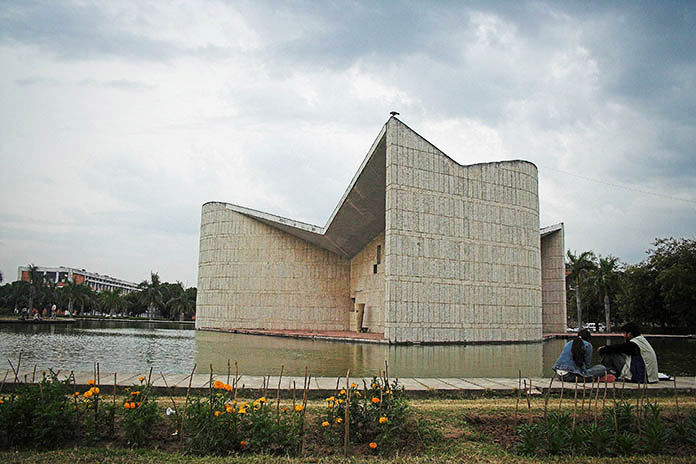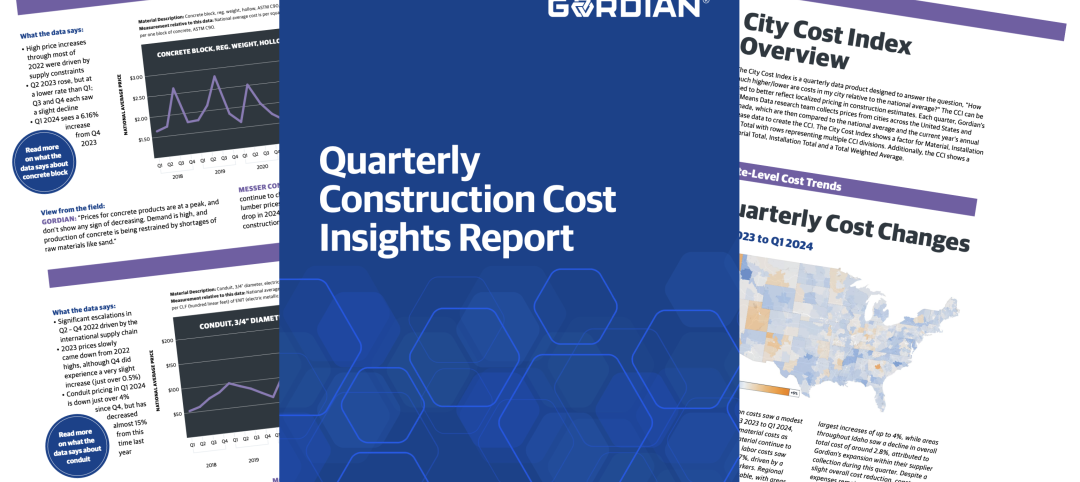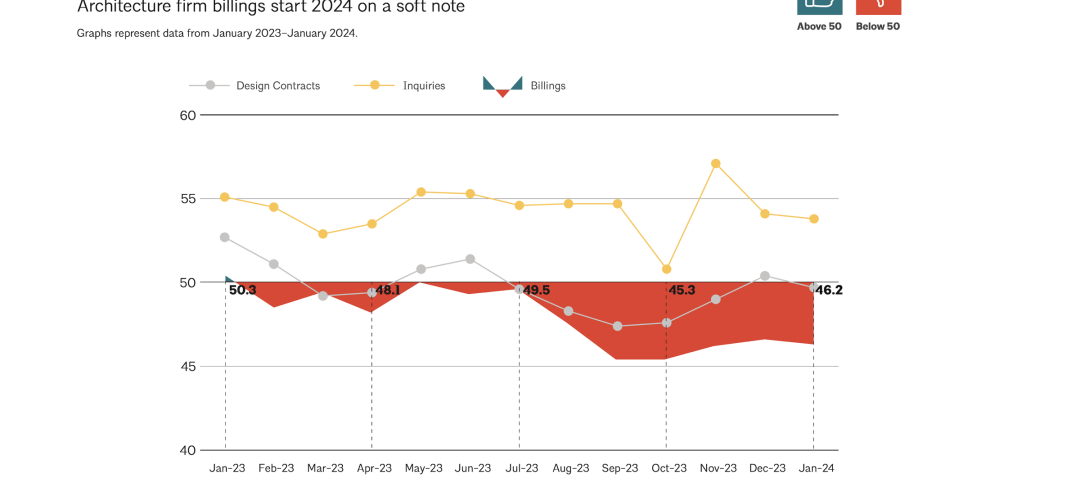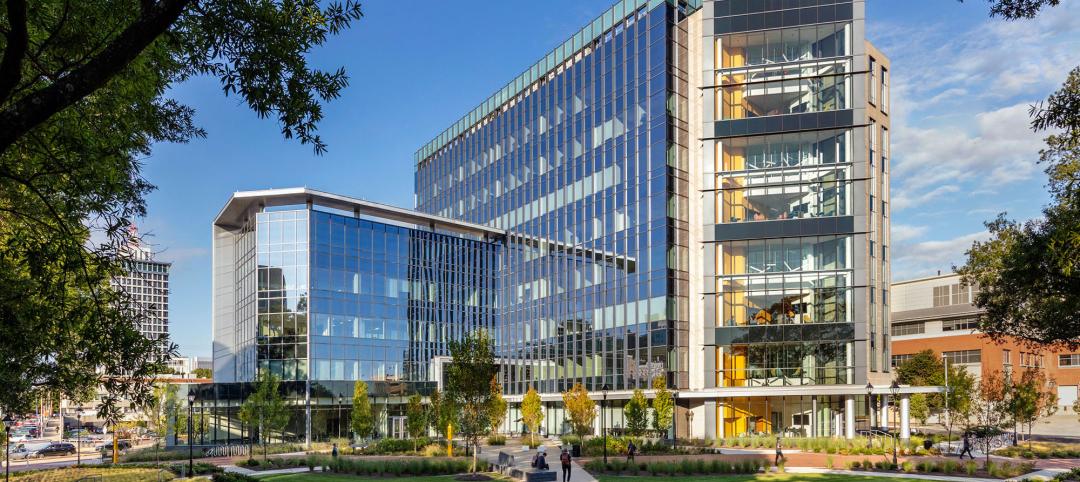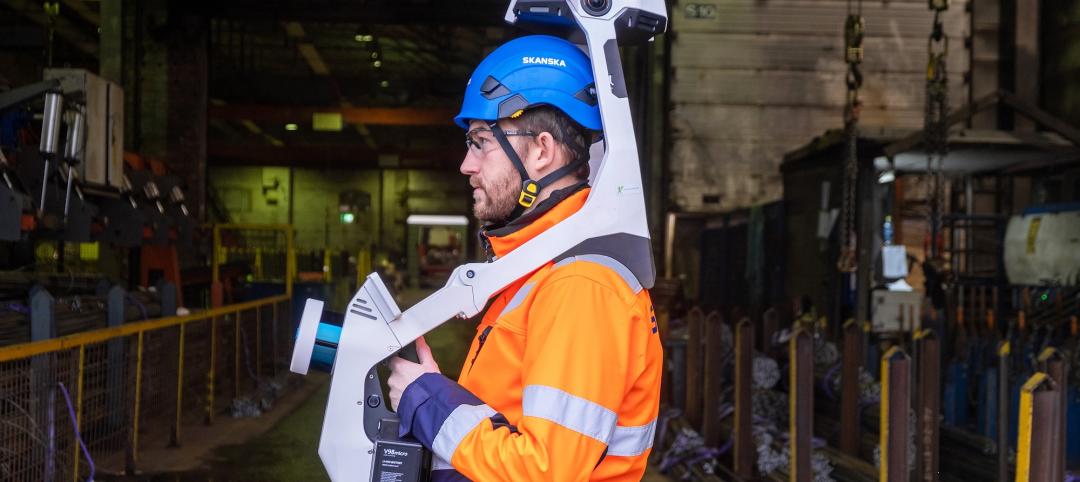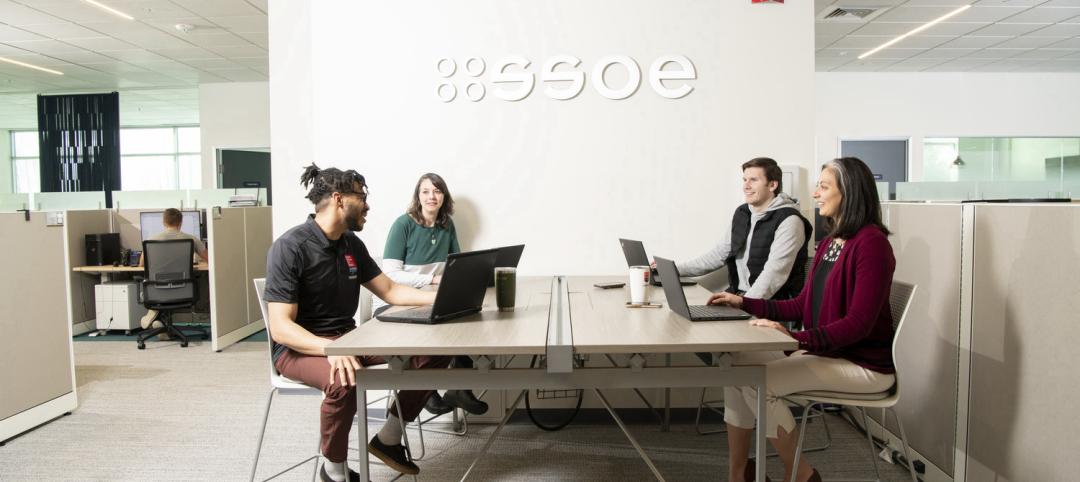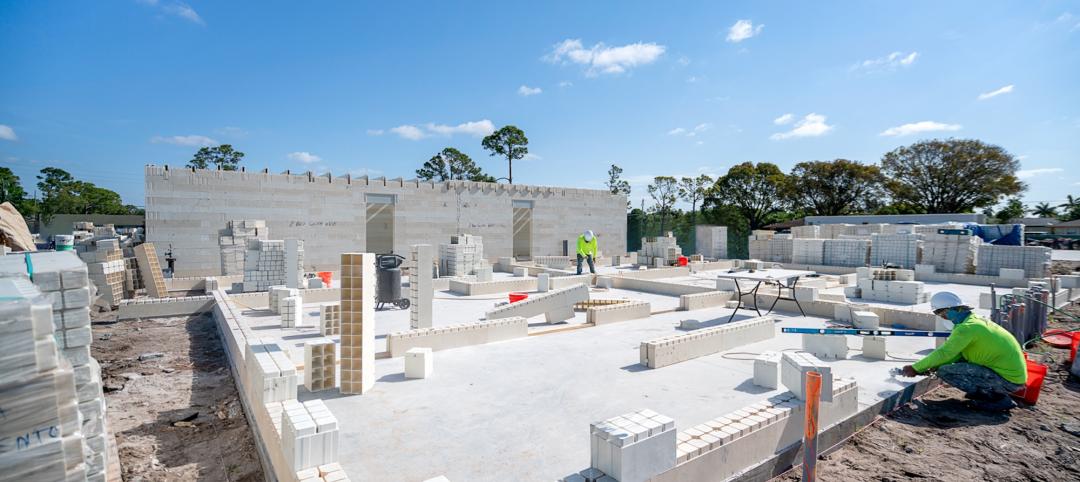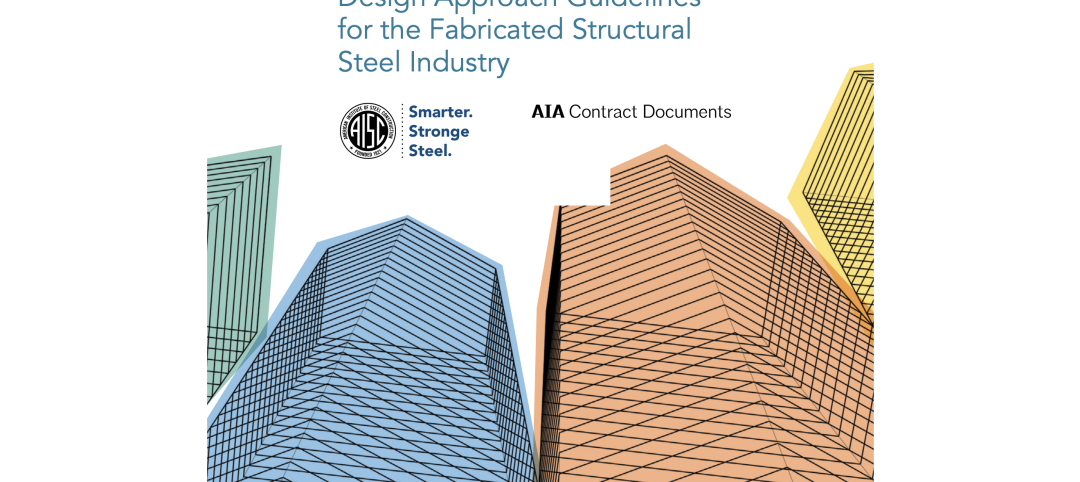The Getty Foundation announced a second series of grants for exemplary 20th century buildings as part of its Keeping It Modern initiative.
The latest grants for 14 projects in eight countries extend the program’s reach to new regions, ranging from Brazil to India. Each project is a model that reinforces the initiative’s focus on the conservation of modern architecture around the world.
The 14 projects selected to receive funding this year are:
• Frank Lloyd Wright’s Unity Temple
• Walter Gropius’ residence The Gropius House
• Erich Mendelsohn’s Einstein Tower
• Charles Rennie Mackintosh’s Hill House
• Pierre Jeanneret’s Gandhi Bhawan (Gandhi Center)
• João Batista Vilanova Artigas and Carlos Cascaldi’s School of Architecture and Urbanism at the University of São Paulo (FAUUSP)
• Marcel Breuer’s Saint John’s Abbey and University Church
• Gerrit Rietveld’s Schröder House
• Michel de Klerk’s Het Schip
• George Nakashima’s Arts Building and Cloister
• Giancarlo de Carlo "Collegi" buildings at the Università degli Studi di Urbino
• Paul Rudolph’s Jewett Arts Center at Wellesley College
• Jorge Ferreira’s Arthur Neiva Pavilion
• James Strutt’s residence The Strutt House
“Last year’s launch of Keeping It Modern emphasized that modern architecture is a defining artistic form of the 20th century at considerable risk, often due to the cutting-edge building materials that characterized the movement,” says Deborah Marrow, director of the Getty Foundation. “This new round of Keeping It Modern grants includes some of the finest examples of modern architecture in the world. The grant projects address challenges for the field of architectural conservation and will have impact far beyond the individual buildings to be conserved.”
The new Keeping It Modern grants focus on a number of pressing concerns within the conservation community, including the continued need for conservation planning for 20th century architecture, the call for models that demonstrate how to integrate conservation planning more comprehensively into the general stewardship of modernist buildings, and the lack of understanding about the aging and proper treatment of architectural concrete. The latter issue is being addressed in many of these projects.
“The use of concrete, while visually striking and radical for its time, has created a unique set of challenges for conserving some of the world’s most important modernist structures,” says Antoine Wilmering, senior program officer at the Getty Foundation. “Our new grants offer an excellent opportunity to advance research and conservation practices for this material. The accumulated knowledge that will result from the projects will be of tremendous benefit to the field.”
While the focus of Keeping It Modern is on conservation planning and research, exceptional projects that have the potential to serve as significant models for the preservation field may also be considered for implementation support. This year the Foundation is announcing the first Keeping It Modern grant at the implementation level to support the conservation of Frank Lloyd Wright’s celebrated Unity Temple in Oak Park, Illinois.
In the first year of Keeping It Modern, applications were by invitation only so that the Getty Foundation could demonstrate the type of project the initiative would support. The second year was an open call for proposals, and many high-quality projects were submitted for consideration. The projects were evaluated by an expert advisory committee that made recommendations based on a number of factors, including architectural significance, the strength of the work plan, international diversity, the potential to make a meaningful contribution to the field of conservation, and to serve as a model for conservation practice.
Keeping It Modern is part of the Getty’s strong overall commitment to modern architecture, as demonstrated by the Getty Conservation Institute’s Conserving Modern Architecture Initiative (CMAI), the extensive and growing architectural collections of the Getty Research Institute, and the 2013 Pacific Standard Time Presents: Modern Architecture initiative which focused on Los Angeles’ modern heritage. With these combined efforts, the Getty continues to advance the understanding and preservation of 20th century modern architecture.
Deadlines and criteria for the next round of Keeping It Modern applications will soon be announced on the Getty Foundation website atwww.getty.edu/foundation.
Related Stories
Construction Costs | Feb 27, 2024
Experts see construction material prices stabilizing in 2024
Gordian’s Q1 2024 Quarterly Construction Cost Insights Report brings good news: Although there are some materials whose prices have continued to show volatility, costs at a macro level are returning to a level of stability, suggesting predictable historical price escalation factors.
High-rise Construction | Feb 23, 2024
Designing a new frontier in Seattle’s urban core
Graphite Design Group shares the design for Frontier, a 540,000-sf tower in a five-block master plan for Seattle-based tech leader Amazon.
Construction Costs | Feb 22, 2024
K-12 school construction costs for 2024
Data from Gordian breaks down the average cost per square foot for four different types of K-12 school buildings (elementary schools, junior high schools, high schools, and vocational schools) across 10 U.S. cities.
MFPRO+ Special Reports | Feb 22, 2024
Crystal Lagoons: A deep dive into real estate's most extreme guest amenity
These year-round, manmade, crystal clear blue lagoons offer a groundbreaking technology with immense potential to redefine the concept of water amenities. However, navigating regulatory challenges and ensuring long-term sustainability are crucial to success with Crystal Lagoons.
Architects | Feb 21, 2024
Architecture Billings Index remains in 'declining billings' state in January 2024
Architecture firm billings remained soft entering into 2024, with an AIA/Deltek Architecture Billings Index (ABI) score of 46.2 in January. Any score below 50.0 indicates decreasing business conditions.
University Buildings | Feb 21, 2024
University design to help meet the demand for health professionals
Virginia Commonwealth University is a Page client, and the Dean of the College of Health Professions took time to talk about a pressing healthcare industry need that schools—and architects—can help address.
AEC Tech | Feb 20, 2024
AI for construction: What kind of tool can artificial intelligence become for AEC teams?
Avoiding the hype and gathering good data are half the battle toward making artificial intelligence tools useful for performing design, operational, and jobsite tasks.
Engineers | Feb 20, 2024
An engineering firm traces its DEI journey
Top-to-bottom buy-in has been a key factor in SSOE Group’s efforts to become more diverse, equitable, and inclusive in its hiring, mentoring, and benefits.
Building Tech | Feb 20, 2024
Construction method featuring LEGO-like bricks wins global innovation award
A new construction method featuring LEGO-like bricks made from a renewable composite material took first place for building innovations at the 2024 JEC Composites Innovation Awards in Paris, France.
Codes and Standards | Feb 20, 2024
AISC, AIA release second part of design assist guidelines for the structural steel industry
The American Institute of Steel Construction and AIA Contract Documents have released the second part of a document intended to provide guidance for three common collaboration strategies.


